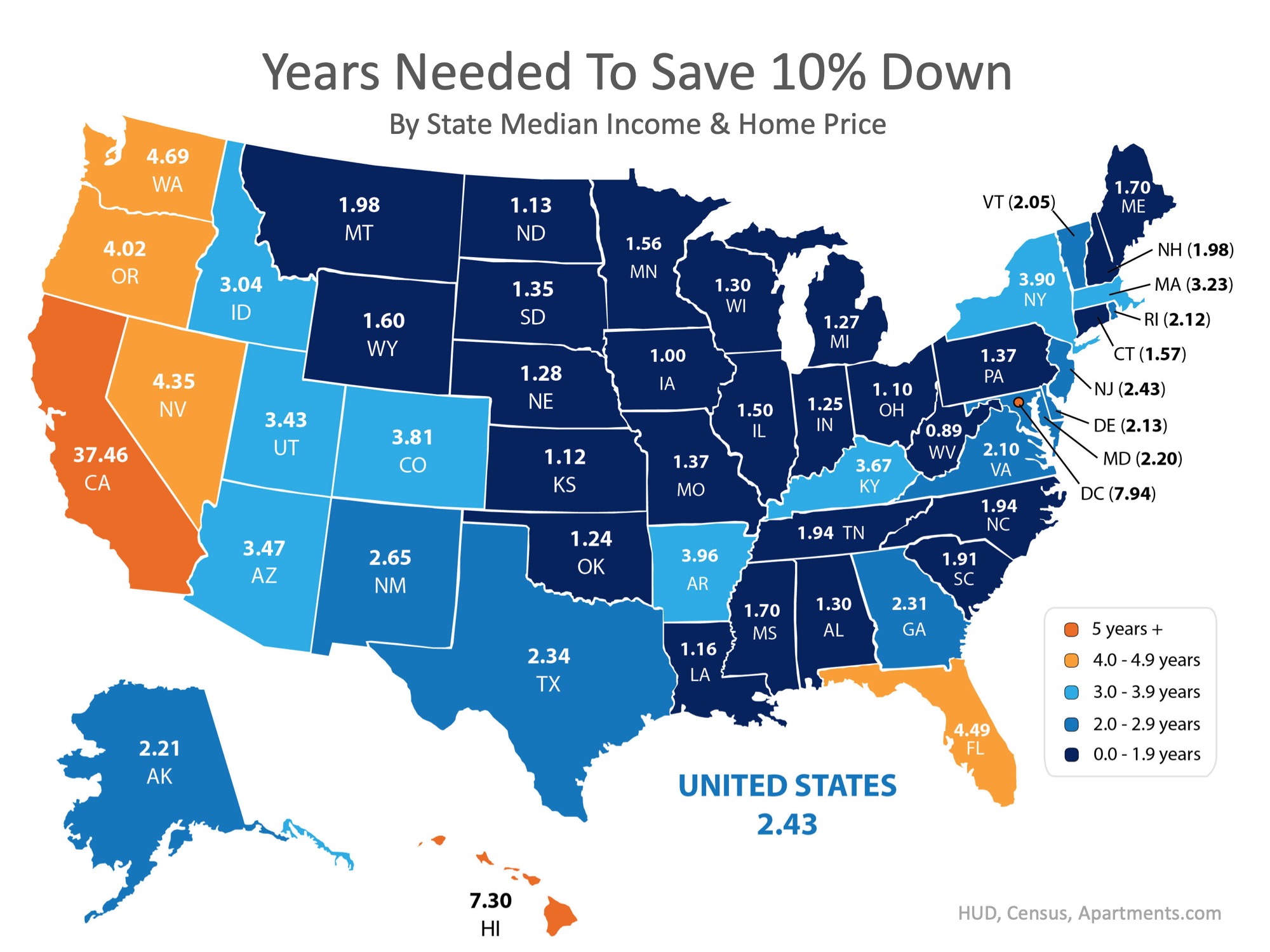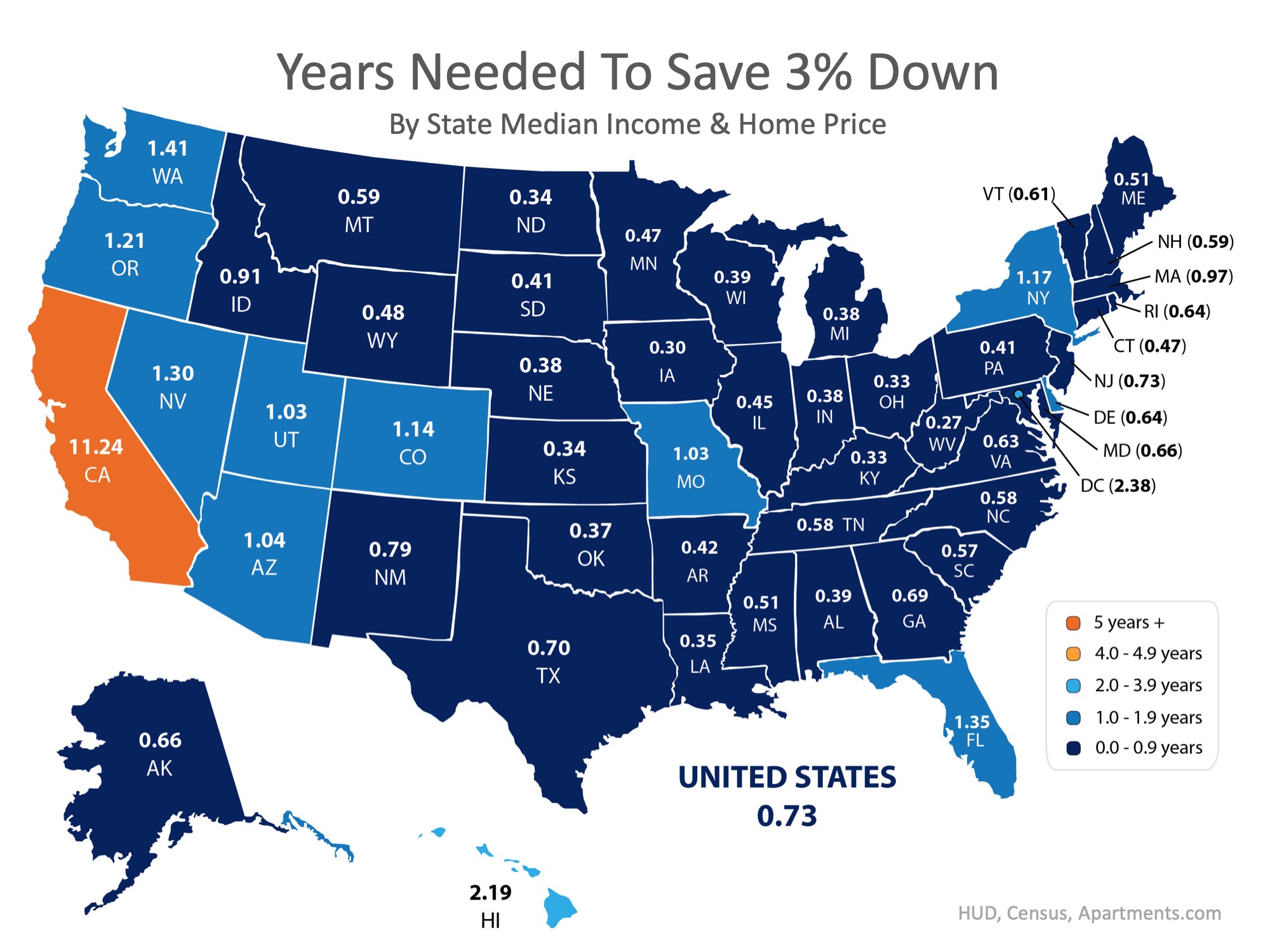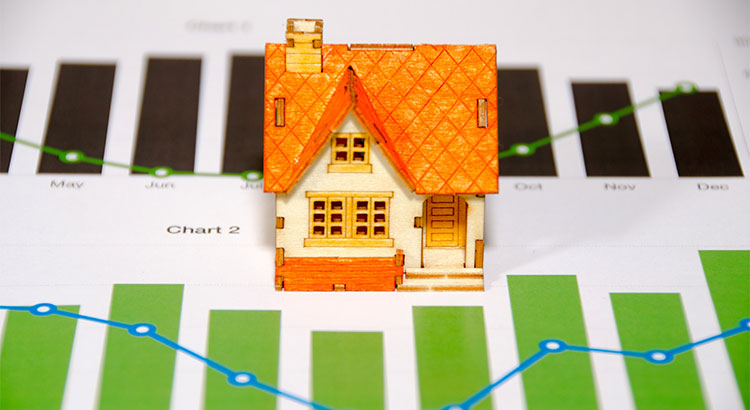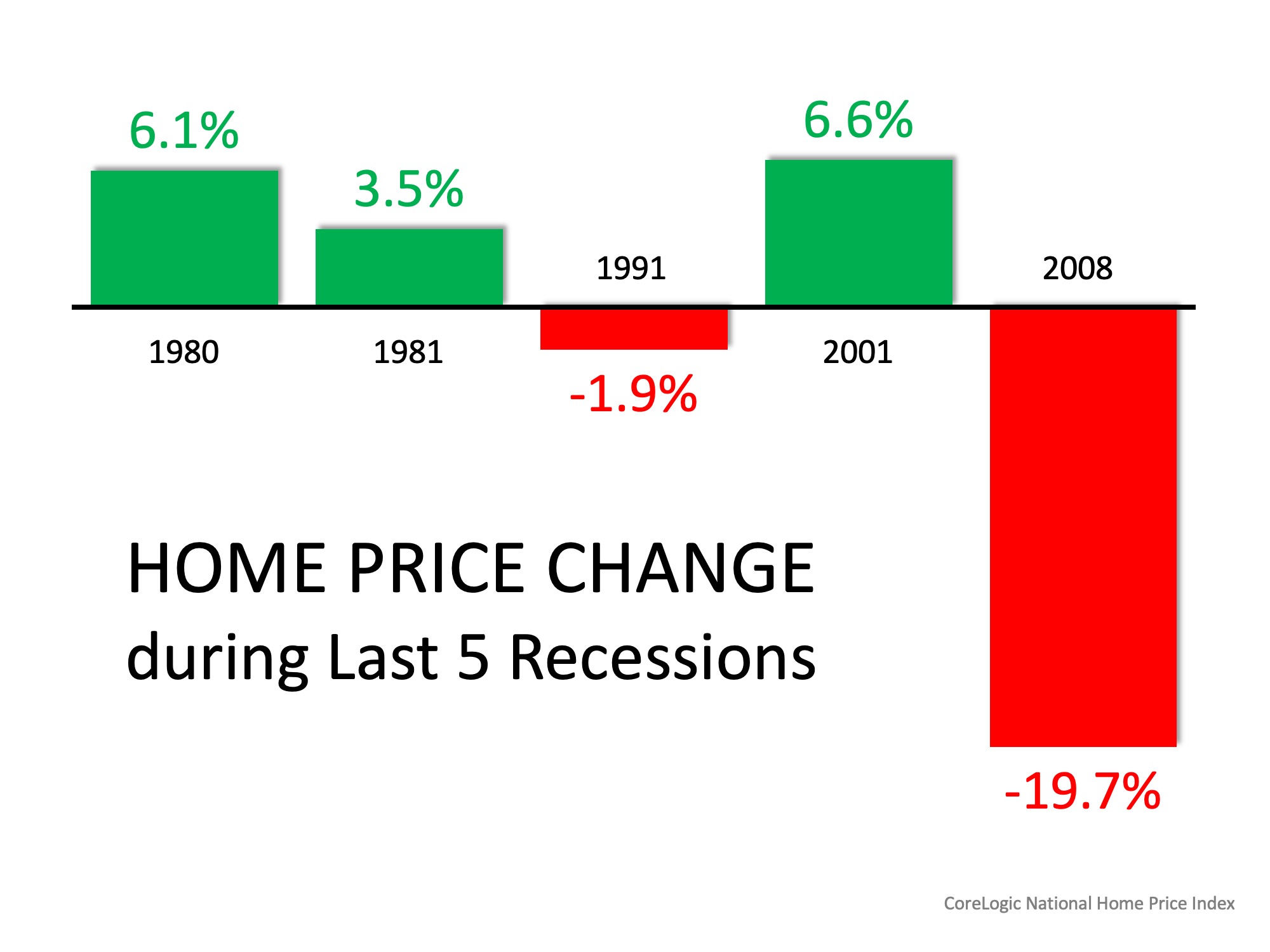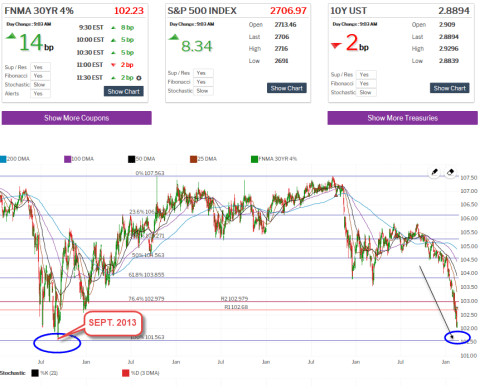
When buying a home today, why is there so much paperwork mandated by the lenders for a mortgage loan application? It seems like they need to know everything about you. Furthermore, it requires three separate sources to validate each and every entry on the application form. Many buyers are being told by friends and family that the process was a hundred times easier when they bought their home ten to twenty years ago.
There are two very good reasons that the loan process is much more onerous on today’s buyer than perhaps any other time in history.
1. The government has set new guidelines that now demand that the bank proves beyond any doubt that you are indeed capable of paying the mortgage.
During the run-up to the housing crisis, many people ‘qualified’ for mortgages that they could never pay back. This led to millions of families losing their home. The government wants to make sure this can’t happen again.
2. The banks don’t want to be in the real estate business.
Over the last several years, banks were forced to take on the responsibility of liquidating millions of foreclosures and negotiating an additional million plus short sales. Just like the government, they don’t want more foreclosures. For that reason, they have to double (maybe even triple) check everything on the application.
However, there is some good news in this situation.
The housing crash that mandated that banks be extremely strict on paperwork requirements also allowed you to get a low mortgage interest rate.
The friends and family who bought homes ten or twenty years ago experienced a simpler mortgage application process, but also paid a higher interest rate (the average 30-year fixed rate mortgage was 8.12% in the 1990s and 6.29% in the 2000s).
If you went to the bank and offered to pay 7% instead of around 4%, they would probably bend over backward to make the process much easier.
Bottom Line
Instead of concentrating on the additional paperwork required, let’s be thankful that we are able to buy a home at historically low rates.

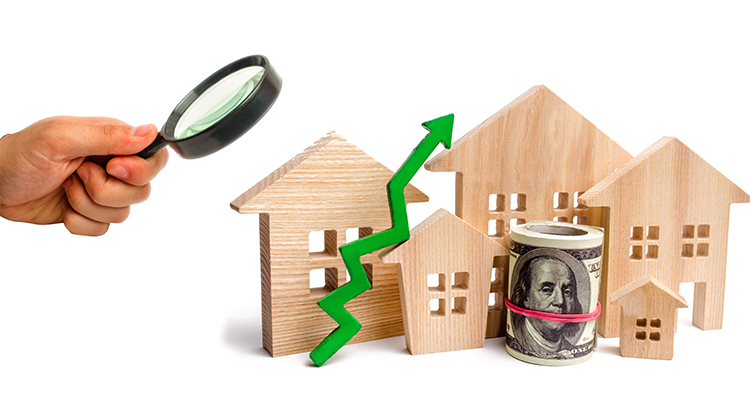
![The Cost of Renting vs. Buying This Spring [INFOGRAPHIC] | MyKCM](https://files.mykcm.com/2019/05/29064811/20190503-ENG-STM-1046x1354.jpg)

